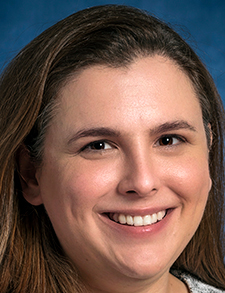
Dr. Leventhal
Clinical question: Does the use of haloperidol versus placebo for delirium in ICU patients improve mortality and increase the chance of hospital discharge at 90 days?
Background: Haloperidol is the most commonly used medication for delirium in ICU patients but was not found to be effective in prior clinical trials. The goal of this trial was to determine if the use of haloperidol for delirium in ICU patients, compared to a placebo, would lead to a greater number of days alive and out of the hospital.
Study design: Blinded, placebo-controlled, randomized, controlled trial
Setting: 16 general ICUs in Denmark, Finland, the U.K., Italy, and Spain
Synopsis: All adult patients (median age 70 to 71 years, 65% men) admitted to the ICU with an acute condition were screened for delirium using a well-validated measure, the Confusion Assessment Method for the Intensive Care Unit (CAM-ICU) or the Intensive Care Delirium Screening Checklist (ICDSC), and if positive, were enrolled and randomized to receive haloperidol or placebo. A total of 1,000 patients were enrolled with 510 in the haloperidol group and 490 in the placebo group. Haloperidol and placebo were kept in identical ampules so both patients and clinicians were blinded to the study group. The primary outcome was the number of days alive and out of hospital at 90 days, but they also evaluated days alive without mechanical ventilation, and adverse reactions. There were no significant differences seen between the two groups but a trend to improved mortality with haloperidol (43.3% versus 36.3% mortality; CI, -13.0 to -0.6). Interestingly, both groups received similar doses of the medications and had similar rates of adverse reactions.
Bottom line: The use of haloperidol to treat delirium in ICU patients does not improve mortality or likelihood of hospital discharge at 90 days.
Citation: Andersen-Ranberg NC, Poulsen A, et al. Haloperidol for the treatment of delirium in ICU patients. N Engl J Med. 2022 Dec 29;387(26):2425-35.
Dr. Leventhal is a hospitalist at Johns Hopkins Hospital and an assistant professor of medicine at Johns Hopkins University School of Medicine in Baltimore.